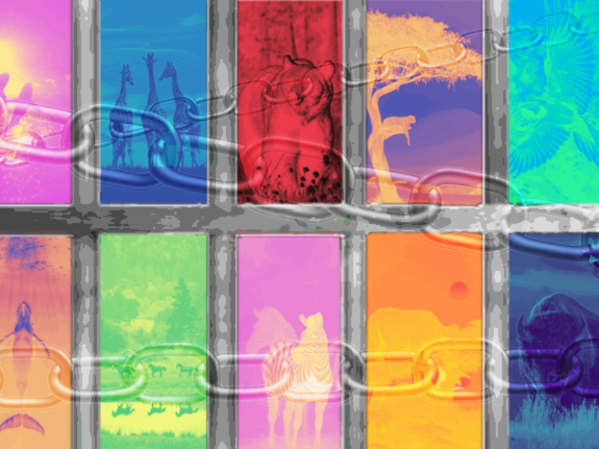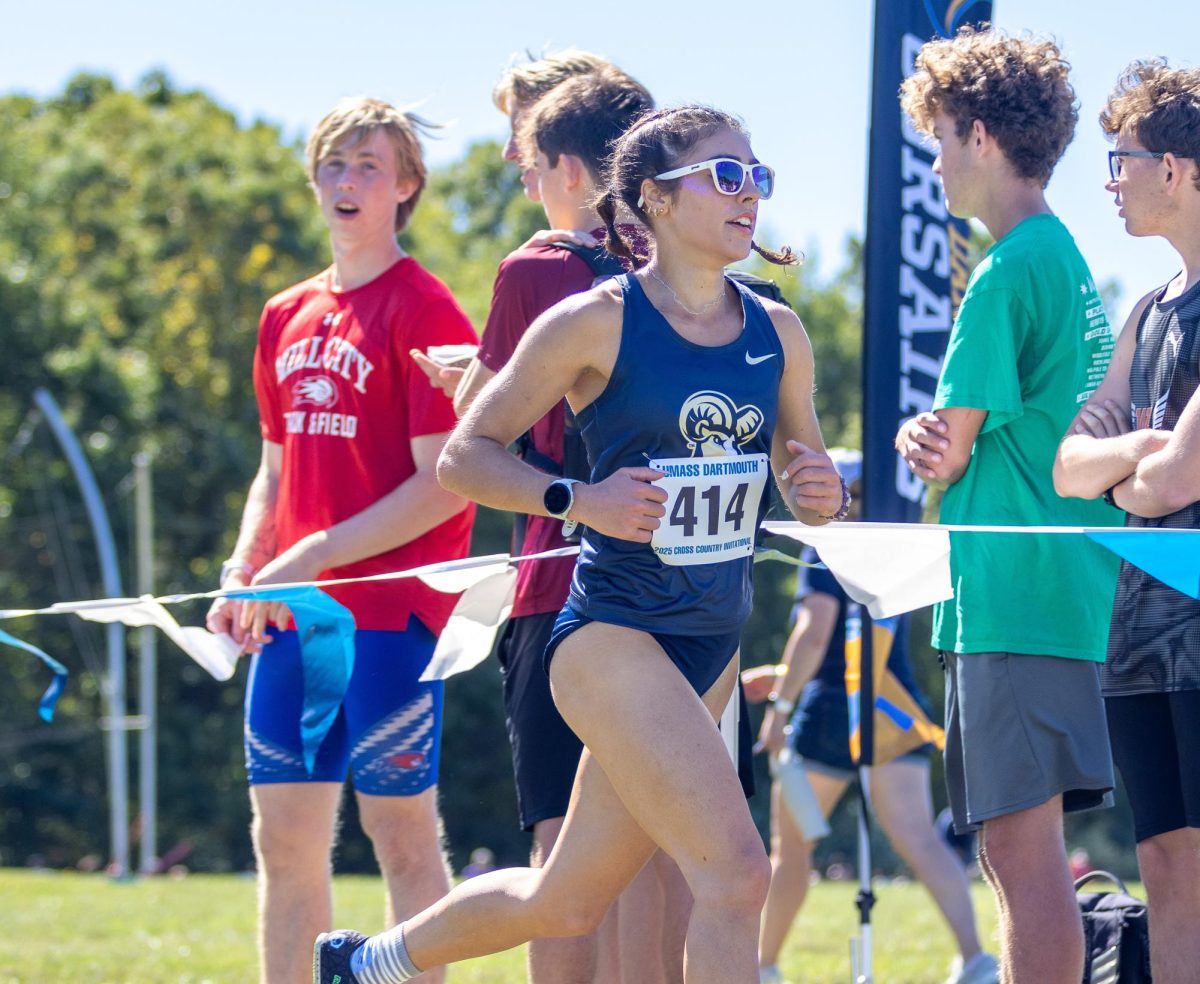A kangaroo, alligator and Suffolk student walk into the Sawyer Business School. That’s actually what happened Sept. 16, only two weeks into Suffolk’s academic year, alongside plenty of other exotic wildlife that set up shop in the lobby of Sawyer.
Against all odds, Suffolk has managed to align themselves and their funds with something unsavory on campus: The commodifying of endangered exotic animals for entertainment and exploitation.
Animal Adventures Family Zoo and Rescue Center, a zoo and exhibitionist company based out of Bolton, Massachusetts, was invited to campus as part of a welcome activity hosted by Suffolk’s Journey program and the Student Government Association.
Set up in Sawyer’s lobby, a rag-tag group of wranglers began presenting large snapping turtles pinned to desks, kangaroos hauled over-the-shoulder to be pet and an alligator with its mouth duct-taped shut for the entertainment and community engagement of a college campus.
In the name of their noble cause to bring some livelihood to a bleakly reimagined commuter lounge that fluorescent light bulbs kill any levity it once brought, Suffolk brought some mismanaged critters to its campus.
It’s not just speculation. Animal Adventures has its share of discourse regarding their home-base in Bolton, where entry is $15 for enclosures that are too small for the animals, conditions that are gut-wrenching to view and lethargic attractions that don’t reflect a positive life quality, all as reflected by Yelp reviews of the location. The conditions of the crates that the animals were transported in to arrive in the concrete jungle of Boston are easy to picture after scrolling through the company’s online critiques.
Truly I had hoped I would discover my assumptions and perception of the whole ordeal I stumbled into wasn’t true, but instead I was confronted with what I fear I should have suspected, and what is known to be true. The commodification of exotic wildlife in the name of education has a very particular place in our society, and it is not on a college campus, at a kid’s birthday party or at your personal special event.
The continuous suffering and exploitation of animals for profit has no place on a campus that is mere train stops away from rehabilitation centers recognized for their prestige and educational merit, like the New England Aquarium or Franklin Park Zoo. It speaks volumes that Suffolk opted to bring an institution recognized for lower quality in contrast to aligning itself with more enriching experiences from recognized institutions.
The research is extensive: Zoochosis and extreme stress inflicted by captivity and immersive experiences is detrimental to animal’s behaviors. They can be lethargic, ill and restless after extensive travel time, being enclosed and then exposed to crowds of students. It reflected in their appearance on campus. A large snapping turtle slammed on a desk and snapping carrots at the amusement of students as it thrashed against an employee. Students grinning gleefully at the sight of a monkey anxiously blank faced in the grasps of wranglers. A curated social media post holding an exotic animal with its extremities pinned and mouth muzzled so the perfect shot can be safely taken: It’s unethical, and Suffolk University should know that.
There is nothing to learn from an animal suffering in your college, and no comfort should be gained by holding a displaced animal in your hands. While Suffolk can invite these groups and spend tuition money on a few hours worth of low-brow entertainment, it doesn’t absolve you of condoning and embracing its presence. As students and as a university, we should aim for better experience and look closely at who we welcome to represent us.
The loss of university financial contribution will not shut down Animal Adventures, but if we move beyond this circus-attraction as an acceptable form of community engagement, we are taking a step against the inhumane practices and conditions witnessed on campus and by patrons at other locations.
Behind the sheep’s clothing that is displayed in these performance pieces, is a beast of an issue that we need to advocate to end. Student groups like SGA and university programming offices have the power to research and make better choices with the dollars we contribute to a campus experience.
Animals are not an attraction, and the ram-ily should focus on the breadth of ethical experiences curated locally, rather than the botched works of Animal Adventures.















